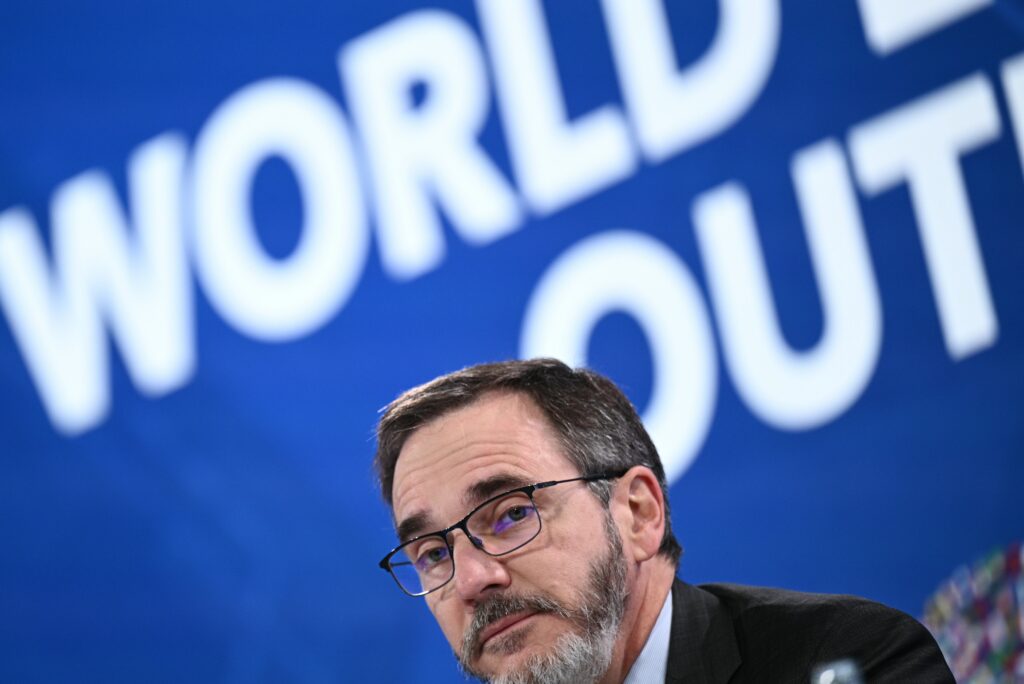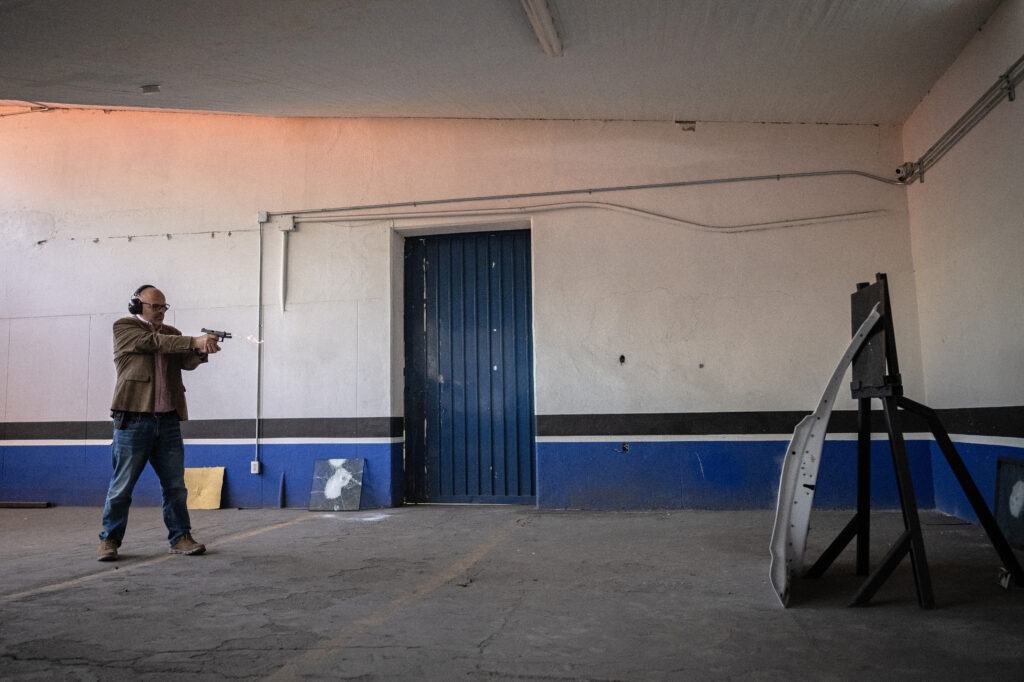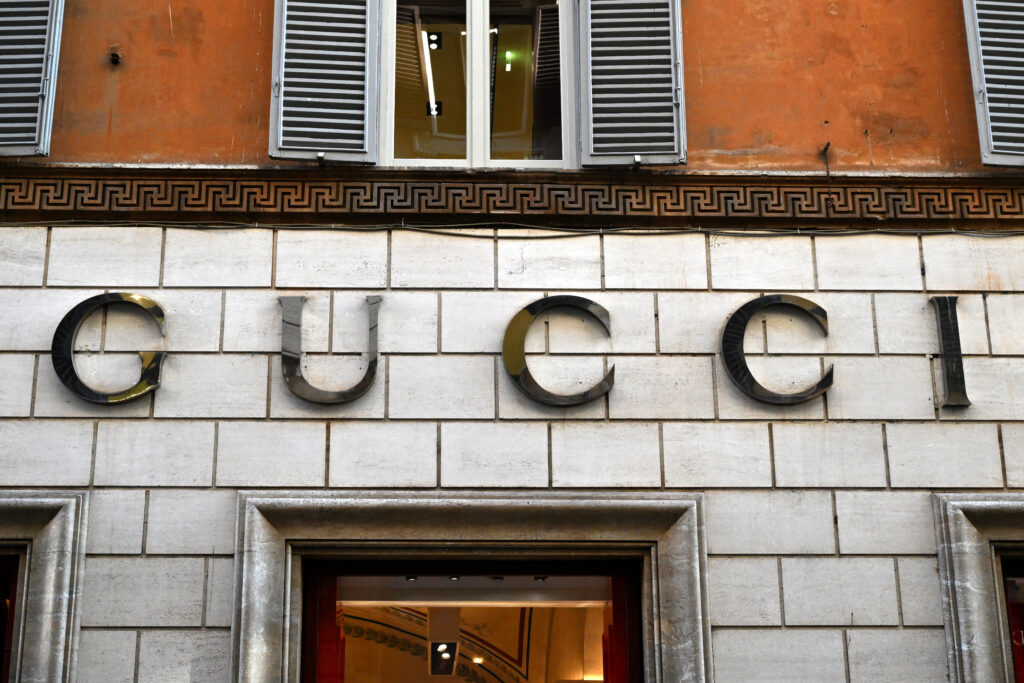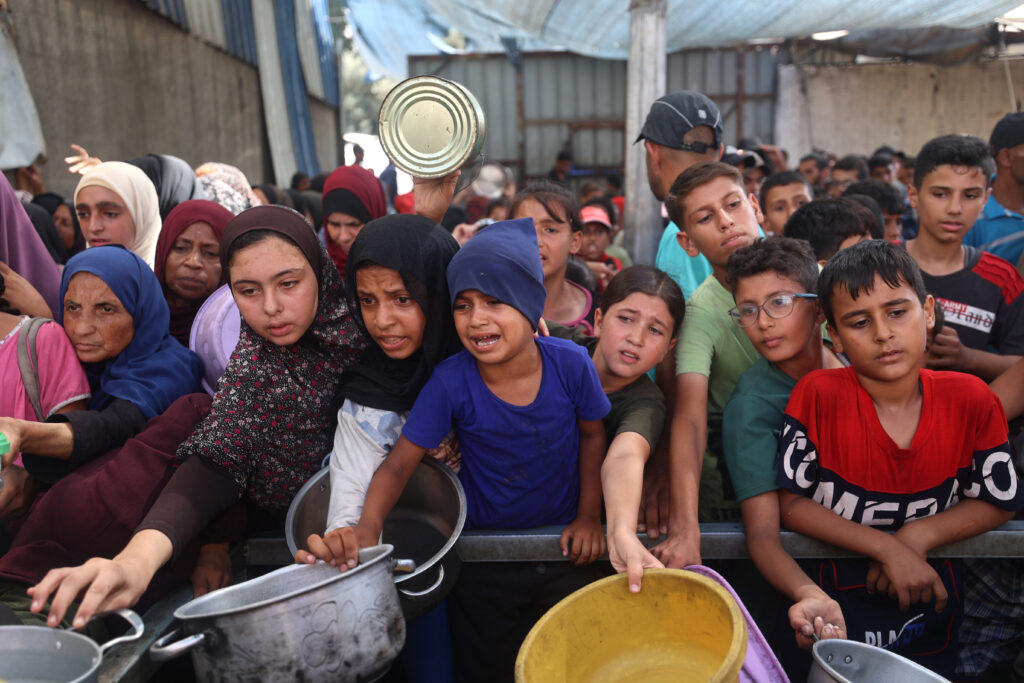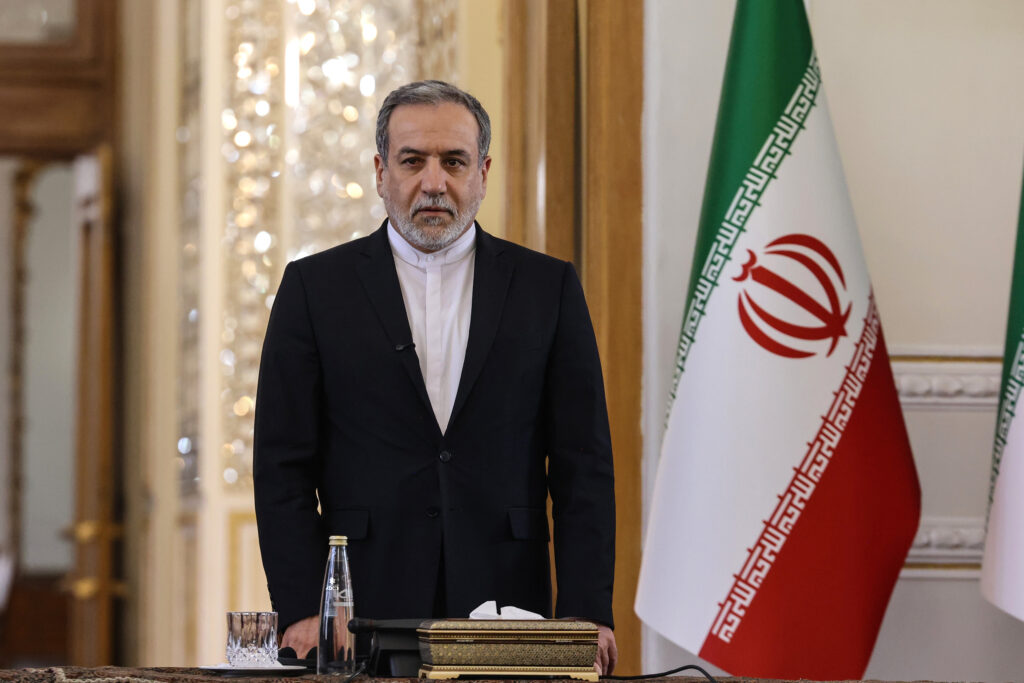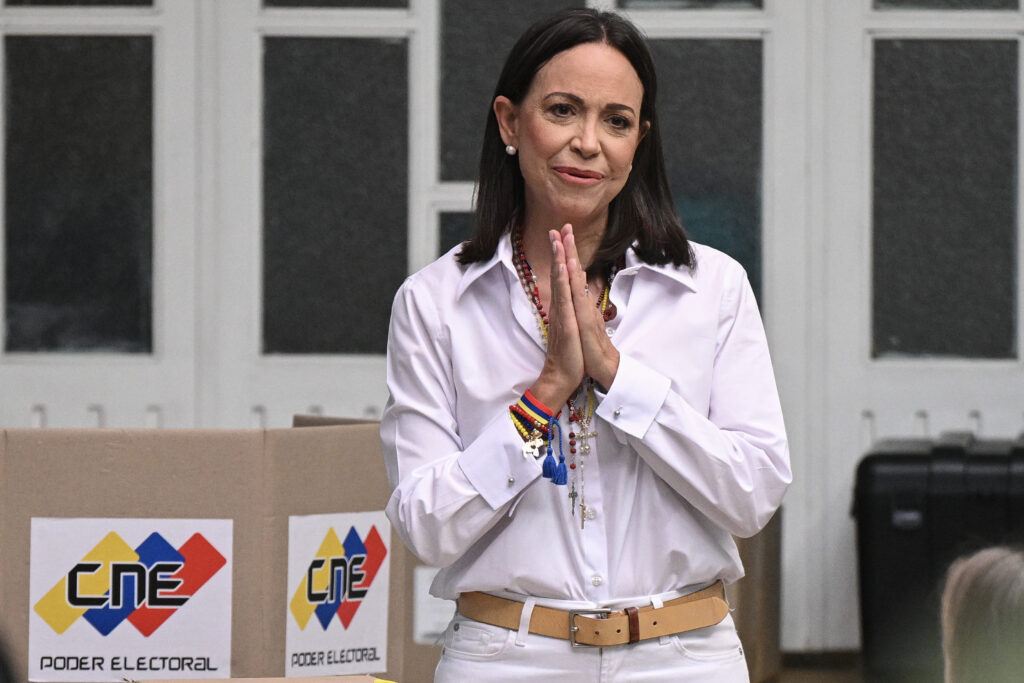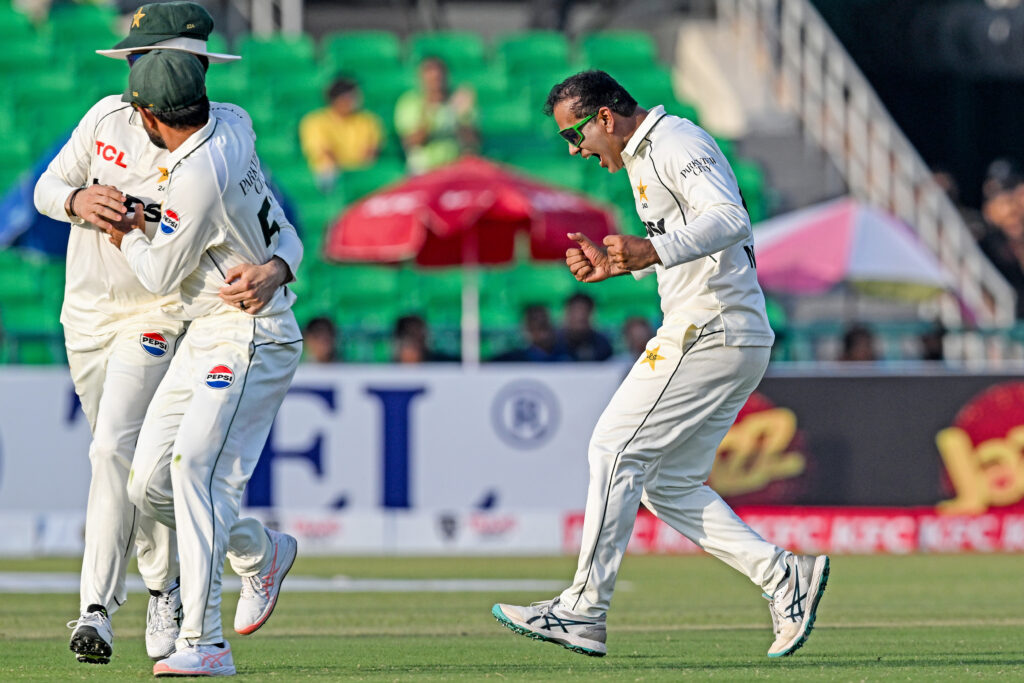IMF lifts 2025 global growth forecast, warns of ongoing trade ‘uncertainty’
The International Monetary Fund on Tuesday lifted its outlook for global growth this year, flagging a milder-than-expected economic hit from President Donald Trump’s tariff policies while warning of risks ahead. In its flagship World Economic Outlook (WEO) report — compiled before the most recent US-China tariff spat — the IMF hiked its 2025 global growth forecast to 3.2 percent, up from 3.0 in July, while leaving its prediction for 2026 unchanged at 3.1 percent. The global inflation rate is expected to remain elevated at 4.2 percent this year, and 3.7 percent in 2026, underpinned by elevated inflation in several countries including the United States. “The tariff shock itself is smaller than initially feared,” IMF chief economist Pierre-Olivier Gourinchas told reporters in Washington on Tuesday, adding that the private sector had also supported growth by responding to Trump’s tariffs in an agile way.Other factors, including the AI boom and fiscal policies in Europe and China had also helped to prop up the global economy, he said.But, he warned, “the tariff shock is here, and it is further dimming already weak growth prospects.”Since returning to office, Trump has imposed sweeping tariffs on top trading partners including China and the European Union in a bid to reshape US trading relationships and boost domestic manufacturing. Over the weekend, the US president threatened fresh tariffs of 100 percent on China, on top of current steep levies, criticizing Beijing’s recent decision to tighten export controls on the rare earth minerals crucial to the defense and high-tech sectors. “Everything is very fluid,” Gourinchas told AFP in an interview. “But I think it’s a very useful reminder that we live in a world in which this kind of increase in trade tensions, increase in policy uncertainty, can flare up at any time.”- US upgraded, China unchanged -The IMF raised its prospects for economic growth for the United States, the world’s largest economy, by 0.1 percent this year and next, to 2.0 percent in 2025, and to 2.1 percent in 2026. However, this still represents a marked slowdown from 2024, when US growth hit 2.8 percent.Despite the trade tensions between the world’s two biggest economies, the Fund still expects China’s economy to slow to 4.8 percent this year from 5.0 percent in 2024, before cooling sharply to just 4.2 percent in 2026, in line with previous estimates. China’s slowdown has been driven by a reduction in net exports, which have been at least partly offset by growing domestic demand fueled by policy stimulus, the Fund said. Elsewhere in Asia, the IMF raised India’s 2025 growth forecast to 6.6 percent from 6.4 percent in the last outlook update in July, and hiked its prediction for growth in Japan to 1.1 percent — up 0.4 percentage points. – Europe’s growth troubles continue -The outlook for Europe has improved slightly from July, with the Eurozone now expected to grow by 1.2 percent this year and by 1.1 percent in 2026. But despite the upgrade, Europe’s growth trajectory still significantly lags the United States.Germany’s economy is expected to bounce back from recession to register growth of 0.2 percent this year, up 0.1 percentage point, before picking up to 0.9 percent next year. And France, which is in the midst of a prolonged political crisis, is expected to see growth cool to 0.7 percent this year, before rising slightly to 0.9 percent in 2026.The one market exception in the Eurozone is Spain, which saw an upgrade and is now expected to see growth remain resilient at 2.9 percent this year and 2.0 percent in 2026.Growth in the United Kingdom is now expected to hit 1.3 percent this year and next. As the war in Ukraine continues, the Russian economy is likely to see a marked slowdown in growth this year to just 0.6 percent this year from 4.3 percent in 2024, the IMF said, cutting its outlook by 0.4 percentage points.
